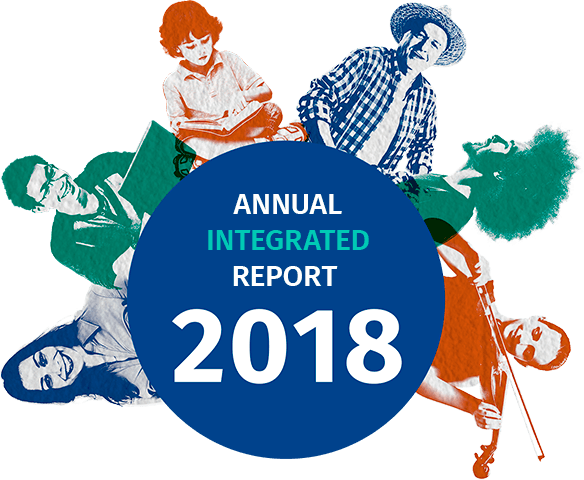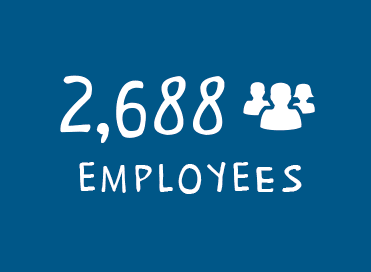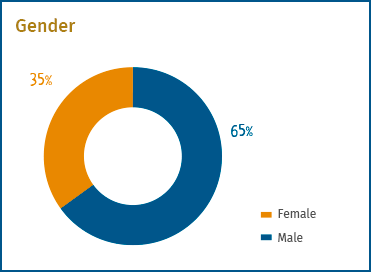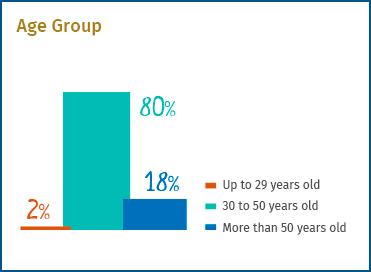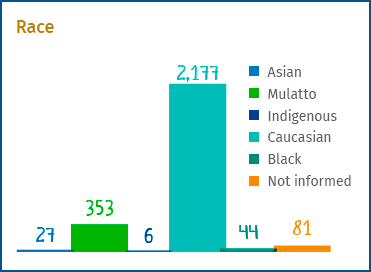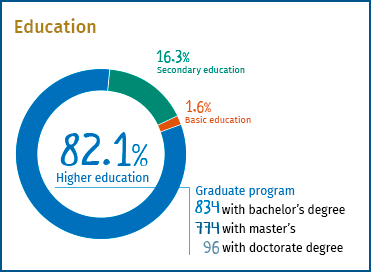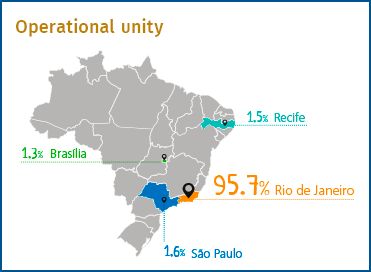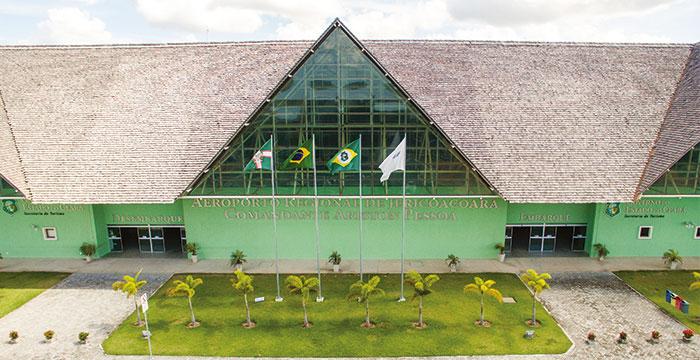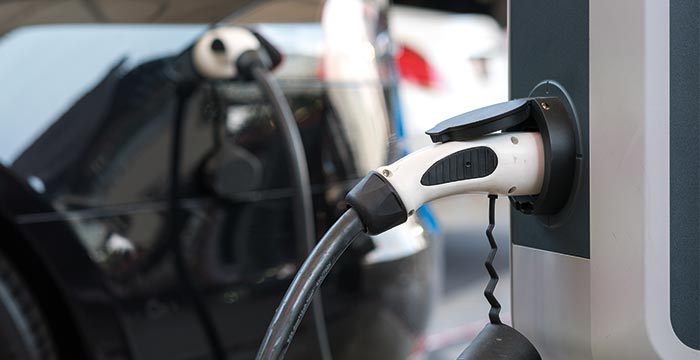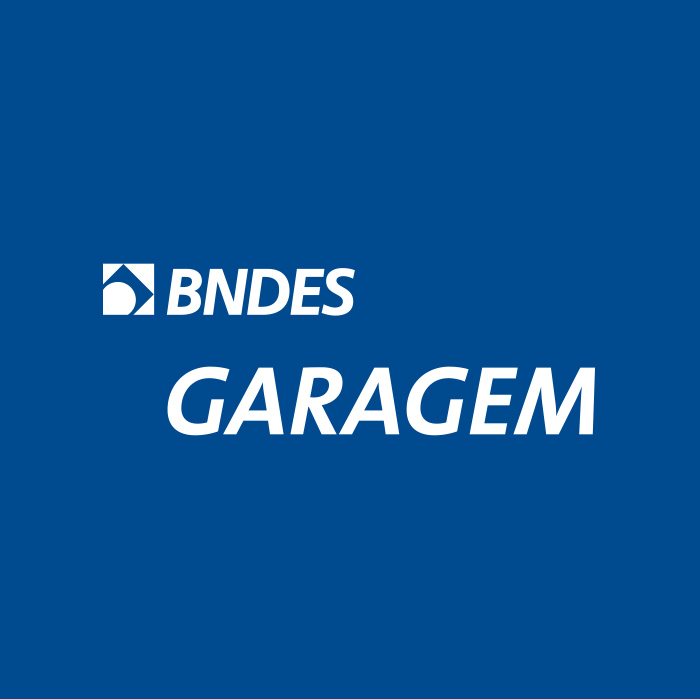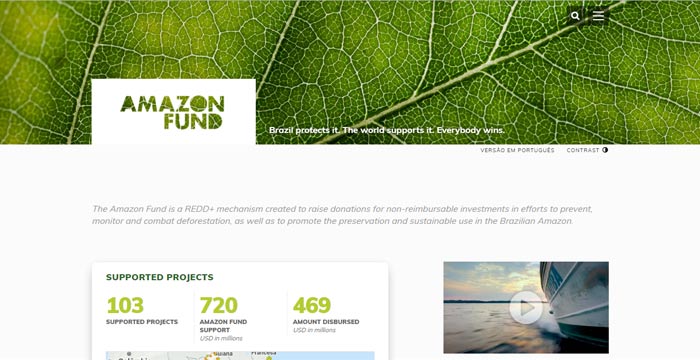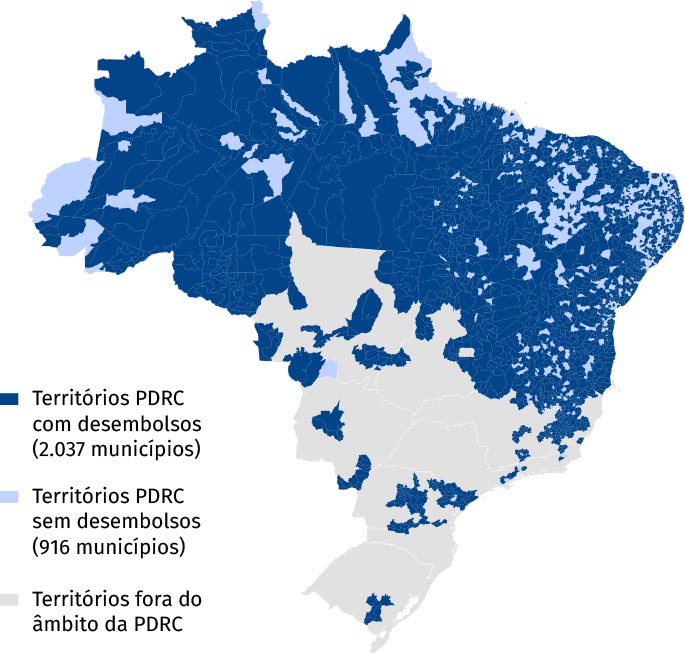Message from the president

The year 2018 was characterized by the perpetuation of changes in the business environment in which BNDES started operating after 2014.
Among the main changes, we highlight the implementation of the new interest reference parameter for financing, the Long-Term Rate (TLP), replacing the Long-Term Interest Rate (TJLP) for new operations. This is a profound reform, approved by Law 13,483/2017, which reconfigures the situation of earmarked credit and BNDES performance. Associated with this law, there was also the renegotiation of the debt with the National Treasury, which, for some years, was the main source of additional funds for the Bank’s loans. This renegotiation led to a shortening of this debt and changes in its remuneration, without prejudice to any return performed as a result of the analysis of the demand for funds by BNDES’s clients.
In response to the new competitive environment, the Bank has been reshaping its business model. This reformulation aims to ensure clarity in the way we execute our development mission, guarantee the financial sustainability of the institution and strengthen the organization, increasingly invigorating our workforce and formalizing corporate projects whose implementation has already begun and will continue for the next semesters.
The Bank’s mission translates into several lines of action, including the support for infrastructure (from project preparation to structuring of financial solutions in partnership with the private sector), industrial (with an emphasis on innovation), and services activities (from health to tourism, also with a strong innovation component). We believe that our social mission is fulfilled when we are present financing and transforming the sanitation sector and other services essential to the population, including education, the basis for both the country’s competitiveness and for the improvement of living conditions of the current and future generations. We also integrate sustainability and attention to the environment into all our activities, assuring the country’s vitality in the long term.
In financial terms, the new environment represented the construction of new products, services and distribution channels, as well as the analysis of new ways of fundraising, both in the market and with still existing sources of low-cost institutional resources, such as those belonging to the FGTS. BNDES’s technical staff has been responding to the new challenges and opportunities by using its excellence and being increasingly open to dialogue and change, in a more transversal and flexible organization in which different talents can be used to attend to the clients in the best way possible. The Bank also continues to strengthen its governance, in cooperation with its Advisory Board and external control bodies.
All the changes the Bank has been conducting have come accompanied by the ability to maintain the institution's profitability, including, in some notable cases, capital gains. Although revenue from financial intermediation dropped in 2018, a net income of R$ 6.7 billion was recorded in the year. This is an 8.5% increase compared to 2017, mainly explained by the increase in the sale of corporate stakes, notably those held by BNDESPAR. The reduction of the credit portfolio continued, from R$ 560 billion to R$ 520 billion, due to clients’ prepayments and a more contained disbursement volume. As a result, it was possible to reduce the participation of National Treasury resources in the Bank’s financing sources, which fell from 48% to 38%.
The reduction in the loan portfolio and the valuation of the variable income portfolio resulted in our Basel index increasing from 27.5% at the end of 2017 to 29.0% in December 2018.
The transformations in BNDES continue in 2019. We will continue to be a strategic asset to support the development of the Brazilian economy, seeking to bring it to the technological and global efficiency frontier. For this purpose, innovation in companies, with new processes and products, will be increasingly important, and we want to capitalize the enormous human potential that exists in Brazil. With no more subsidized lines, BNDES is focusing on longer-term credit, investing in retaking its historic leadership in the preparation of infrastructure projects and privatization programs. We continue to support the improvement of corporate governance management to strengthen our capital markets.
Looking ahead, we will increasingly explore ways of supporting startups, the so-called industry 4.0, the increase in agricultural productivity and climate adaptation, and transforming sectors such as aerospace, natural gas, renewable energy, as well as those of the several life sciences. In all of them, the role of small and medium-sized enterprises will be valued, and attention to social and environmental impacts will be a priority. BNDES exists to be a catalyst for the private sector, supporting investment and competition.
This is another year in which we present an integrated report on our performance, a model that we started adopting in 2012 and which became mandatory under Law 13,303/2016 (the new Law of State-owned Companies). We consider that, since the integrated report involves all of the Bank’s areas in a collective effort to think about our performance, it allows us to reflect on how and where we add value, learning from the institution's successes and challenges, and creating opportunities for improvement.
We are grateful for the commitment and participation of all BNDES’s employees in our mission. We will strive to exceed our goals and meet the expectations of our diverse audiences with transparency and rigor.
We invite everyone to read this report. We are always open to suggestions and criticism, searching for a continuous improvement in our performance. Good reading!
Sincerely,
Joaquim Levy
President of BNDES
